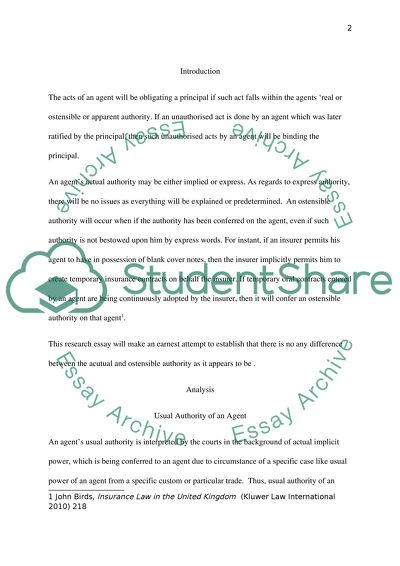Cite this document
(“Agency and partnershipl law assessed coursework Essay”, n.d.)
Agency and partnershipl law assessed coursework Essay. Retrieved from https://studentshare.org/law/1440870-agency-and-partnershipl-law-assessed-coursework
Agency and partnershipl law assessed coursework Essay. Retrieved from https://studentshare.org/law/1440870-agency-and-partnershipl-law-assessed-coursework
(Agency and Partnershipl Law Assessed Coursework Essay)
Agency and Partnershipl Law Assessed Coursework Essay. https://studentshare.org/law/1440870-agency-and-partnershipl-law-assessed-coursework.
Agency and Partnershipl Law Assessed Coursework Essay. https://studentshare.org/law/1440870-agency-and-partnershipl-law-assessed-coursework.
“Agency and Partnershipl Law Assessed Coursework Essay”, n.d. https://studentshare.org/law/1440870-agency-and-partnershipl-law-assessed-coursework.


